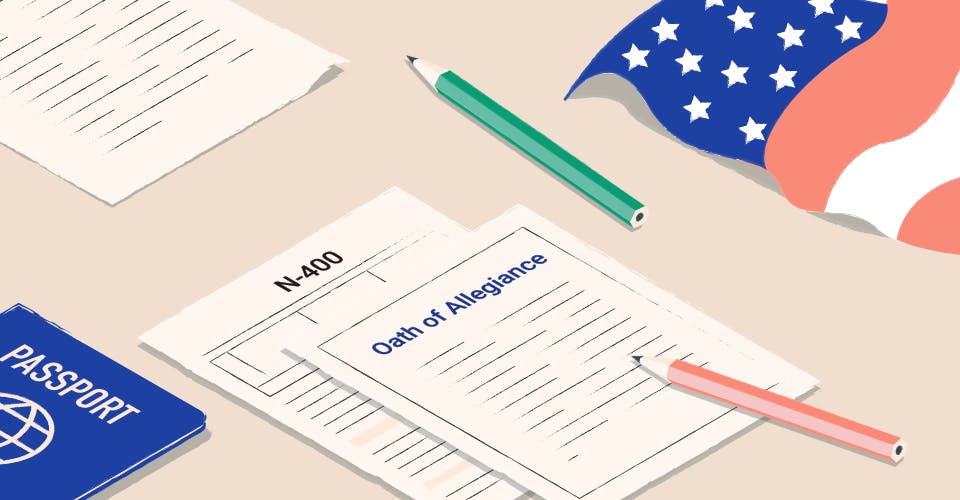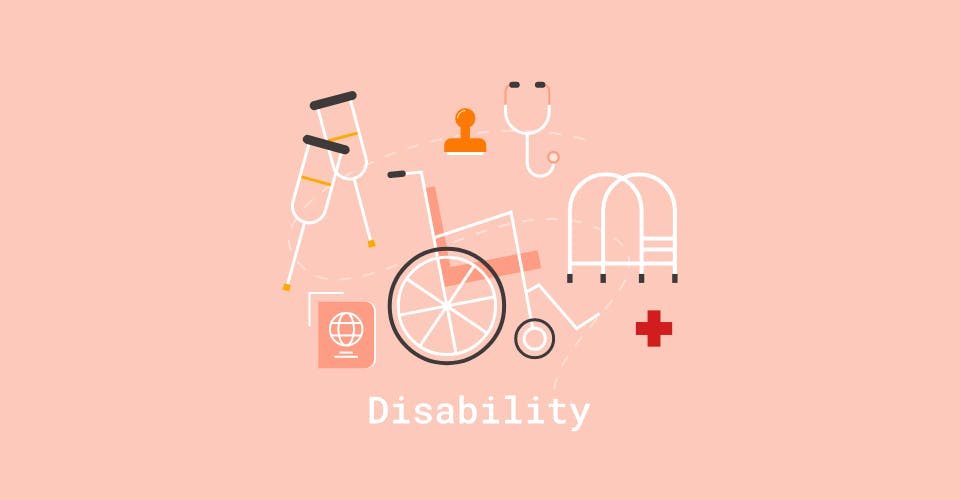The N-400 application is the form immigrants need to fill out if they plan on becoming a naturalized U.S. citizen. However, there is more to the naturalization process than simply completing this form and sending it to the USCIS. In addition, applicants also need to take an English and Civics test, and upon passing these requirements, will need to show up for their Oath of Allegiance, in which citizens will attest their loyalty to the United States. Shortly thereafter is when non-citizens become naturalized and enjoy the full rights of citizenship.
As life happens though, some applicants who have completed their N-400 might not be able to make their Civics test, or might need to reschedule their Oath of Allegiance. Alternatively, an applicant might decide they are not ready for their Oath of Allegiance for whatever reason. If this happens, applicants should be aware that the USCIS can administratively close your application. The USCIS generally will respond in one of the following ways to a no-show appointment:
- The USCIS will take note that you have missed your Oath of Allegiance, and if this happens multiple times, the agency will consider that you have “abandoned” your application.
- The USCIS will look further into your case and investigate to see if you were documentarily qualified for naturalization.
This should serve as a reminder to anyone who is in the process of becoming a U.S. citizen that you should not miss, or skip your Oath of Allegiance ceremony. Even though you have worked hard on your N-400 application and have paid the associated fees, the USCIS can still deny you from citizenship or file a motion to re-open an approved application. In other words, the Oath of Allegiance isn’t an optional process and is taken very seriously from an administrative standpoint.
Motion to Re-Open an Approved Case
As such, the USCIS can also use your no-show or missed Oath of Allegiance as a reason to investigate further into your case. What this means is that the agency can file a motion to open your approved naturalization application. In doing so, the agency could also find new information about your case that would change your status of being eligible for citizenship. Once this happens, if the USCIS finds any derogatory information about your case, the applicant will then need to respond to this information.
If this happens, the following procedure will generally take place between the USCIS and naturalization applicant:
- The USCIS notifies the applicant via email that they have found “derogatory” information on their application (this is referred to as any information or facts that are negative and hurts the applicants chances of being approved for naturalization).
- The USCIS gives the applicant 15 days to respond to the derogatory information.
- If the applicant is able to overcome the derogatory information, the USCIS cancels their request to re-open the application, and instead files another Oath of Allegiance appointment.[1]
Even if you plan on attending your naturalization Oath, the USCIS can still find derogatory information on your N-400 application and file a motion to re-open the approved application. If you have been notified via writing that the USCIS has found new, and perhaps troubling information regarding your N-400, you should know that you still can prevent the agency from re-opening the case, as long as you act quickly and correct your initial errors.














